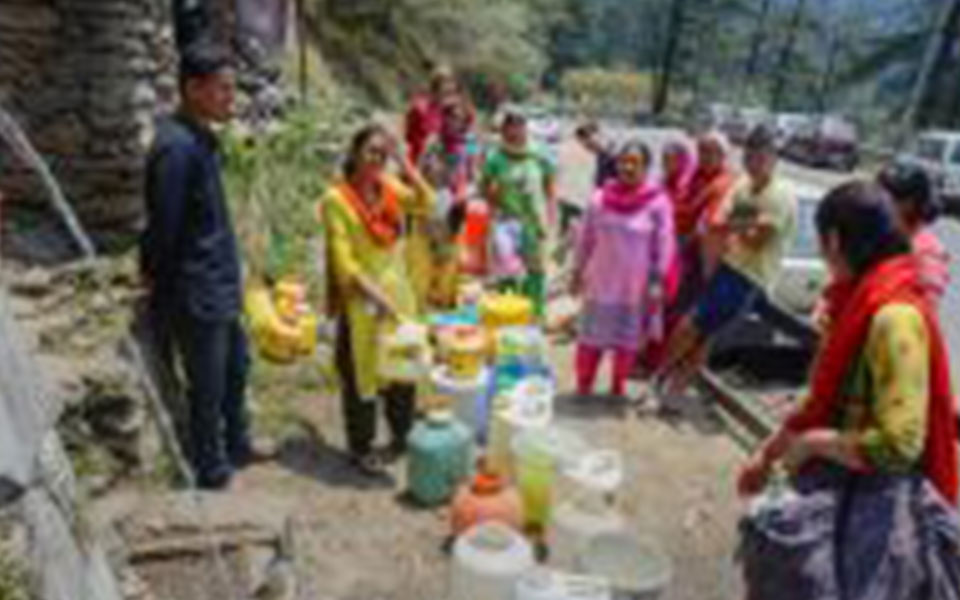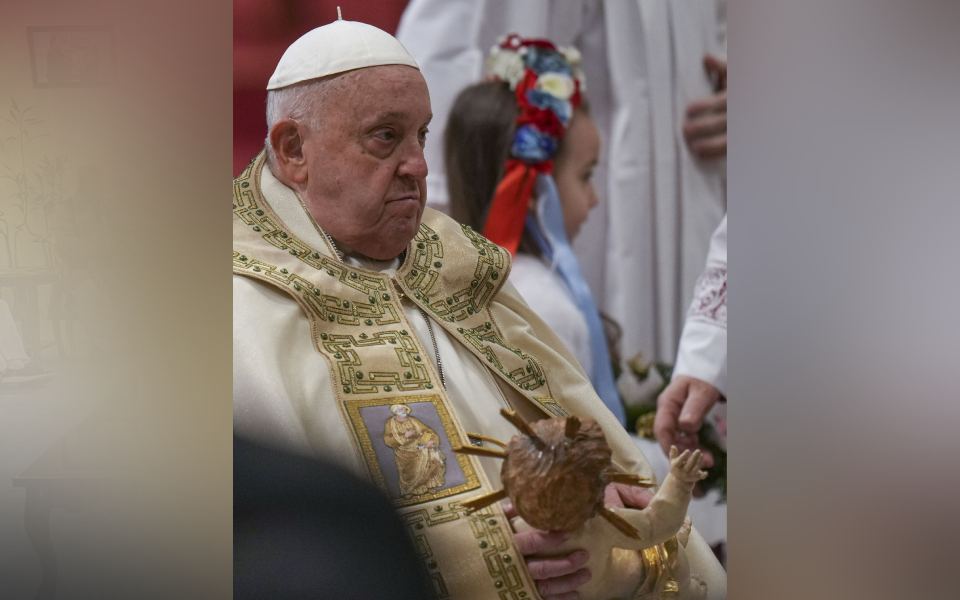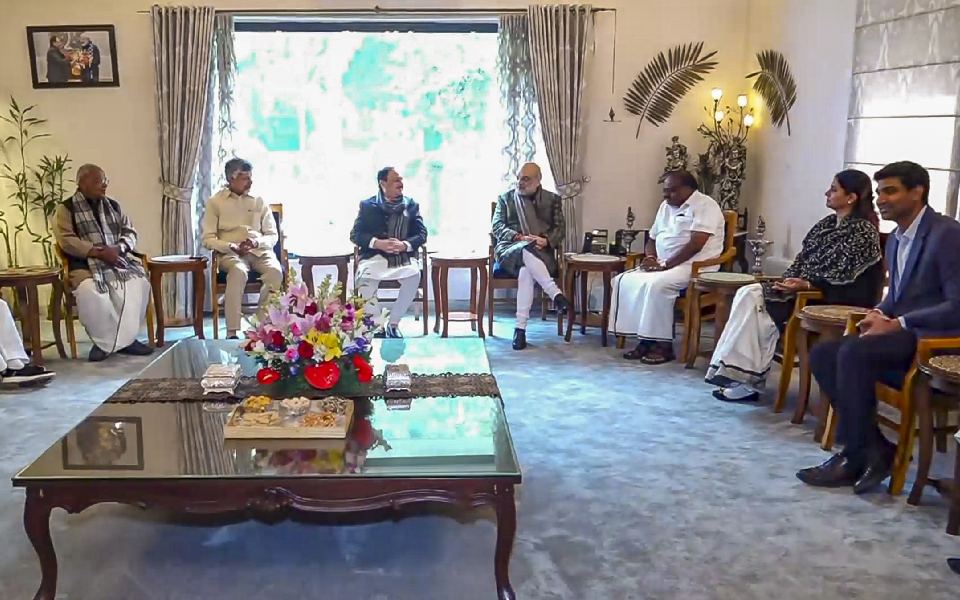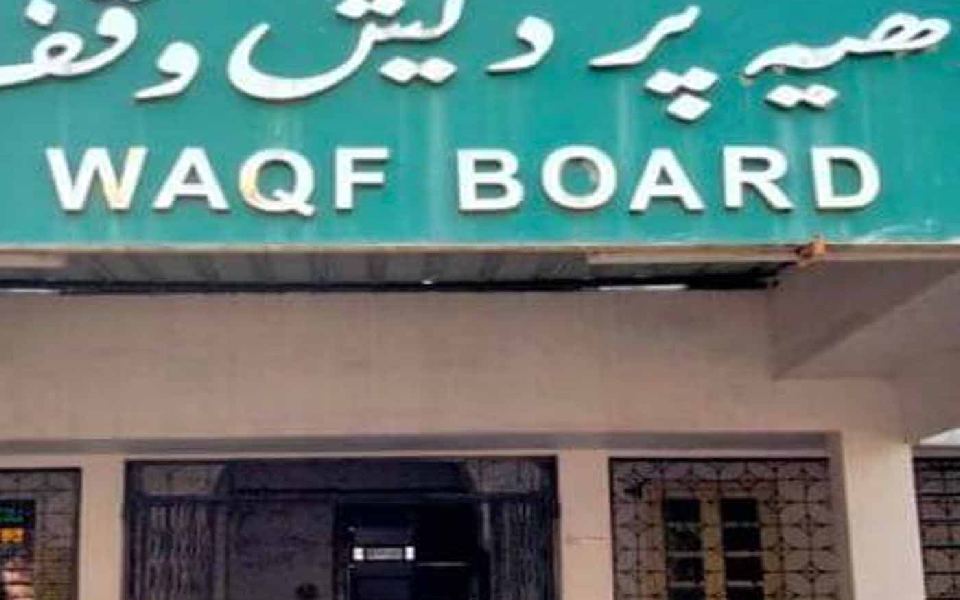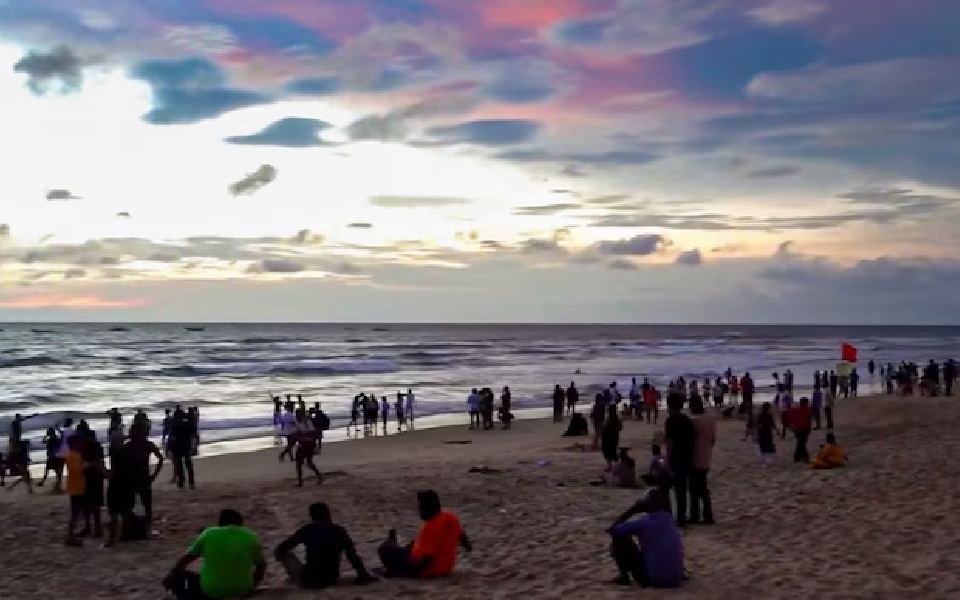Shimla, May 28: People in Shimla, once a village that served as the summer capital of British India between 1864 and 1939, are craving for a glass of water, while their woes and anger are pouring on micro-blogging platforms, literally!
A majority of localities are facing a severe water supply crisis, getting potable water only once a week.
The reason: All water channels in Shimla and its suburbs, which are normally quenching the thirst of the people, have dried up this summer owing to less snowfall in the past winter and less rains thereafter.
City residents say the problem has aggravated ever since the mercury shot up and the sweeping heat wave across north India led to an influx of tourists to this popular destination to seek refuge in its cooler climes and they drained out the water.
"Today every Shimlitie is crying for a glass of water," B.D. Sharma, a former Press Secretary to the Chief Minister, said.
"People from various walks of life are making protest in one way or the other and bigwigs holding meetings to provide water to the people. But from where? Not only in Shimla but in its suburbs all water sources have dried up," he wrote on his Facebook page.
He said he remembered that there were a number of natural water resources in Shimla about four decades ago but they dried up due to unplanned development and haphazard construction.
Echoing Sharma's assertions, veteran journalist Rakesh Lohumi said "all those who raised illegal buildings, politicians have been repeatedly bringing policies to regularise them, burdening the hills way beyond the carrying capacity, are responsible for the water crisis."
He said the British ensured full protection of water sources by severely restricting human activity in the catchment areas and maintaining a healthy forest cover.
They preserved the green cover over the Shimla ranges so well that perennial springs spouted from the foot of almost every hill. Most of them have been buried under multi-storied structures or dried up over the past three decades, Lohumi added.
Even tourists are feeling the pinch of water shortage.
"There is no water in the taps. I am charged Rs 200 for a bucket of water by my hotel," Ranjan Chatterji, a tourist from Kolkata, told IANS.
He said this was the first tourist place where a visitor is charged money for water.
Shimla-based historian Raaja Bhasin said in the 1940s there was a proposal to create an artificial lake in Shimla.
"Not only (lake) for beauty, but also to handle situations like this," he added.
The crisis of drinking water in the state capital is becoming more serious and chaotic with each passing day, remarked former state Director General of Police I.D. Bhandari.
"The fighting is going on in the absence of chief (the Mayor) responsible for the same, as...has to see how things are working so well in another ancient country China," he wrote in a post.
While Shimla residents are grappling with water woes -- not exactly for the first time -- civic body Mayor Kusum Sadret of the Bharatiya Janata Party, which is helming the Municipal Corporation for the first time in three decades since June 2017, is away in China on an official tour.
Resident Jyoti Sharma said it is well known that the depleted water table at a source can be recharged by allowing water to seep in using rainwater harvesting infrastructure.
"Yes, a collective multi-pronged approach towards a sustainable solution is the need of the hour. Else, 'Shimla left high and dry' will stop making news," she added.
Retired bureaucrat K.R. Bharti, who is also settled here, said the previous municipal body was shown the door on the issue of water and the present body might meet the same fate for the same reason.
Civic authorities say water shortage has become more acute after supply from the Ashwani Khad was stopped in 2015 following an outbreak of jaundice, which claimed over 20 lives, due to mixing of sewage from a nearby treatment plant with the natural water supply scheme that catered to Shimla residents.
Shimla's normal demand of water is 42 to 45 million litres per day (MLD) but the availability ranged from 23 to 25 MLD, says the civic body.
It blames leaks in the distribution network, a significant portion of which came up in the British days, and diminishing water resources due to over-exploitation.
Let the Truth be known. If you read VB and like VB, please be a VB Supporter and Help us deliver the Truth to one and all.
Vatican City, Dec 25: Pope Francis in his traditional Christmas message Wednesday urged “all people of all nations” to find courage during this Holy Year “to silence the sounds of arms and overcome divisions” plaguing the world, from the Middle East to Ukraine, Africa to Asia.
The pontiff's “Urbi et Orbi” — “To the City and the World” — address serves as a summary of the woes facing the world this year. As Christmas coincided with the start of the 2025 Holy Year celebration that he dedicated to hope, Francis called for broad reconciliation, “even (with) our enemies.”
"I invite every individual, and all people of all nations ... to become pilgrims of hope, to silence the sounds of arms and overcome divisions,'' the pope said from the loggia of St. Peter's Basilica to throngs of people below.
The pope invoked the Holy Door of St. Peter's Basilica, which he opened on Christmas Eve to launch the 2025 Jubilee, as representing God's mercy, which “unties every knot; it tears down every wall of division; it dispels hatred and the spirit of revenge.”
He called for arms to be silenced in war-torn Ukraine and in the Middle East, singling out Christian communities in Israel and the Palestinian territories, “particularly in Gaza where the humanitarian situation is extremely grave,” as well as Lebanon and Syria “at this most delicate time.”
Francis repeated his calls for the release of hostages taken from Israel by Hamas on Oct. 7, 2023.
He cited a deadly outbreak of measles in the Democratic Republic of Congo, and the suffering of the people of Myanmar, forced to flee their homes by “the ongoing clash of arms.” The pope likewise remembered children suffering from war and hunger, the elderly living in solitude, those fleeing their homelands, who have lost their jobs, and are persecuted for their faith.
Pilgrims were lined up on Christmas Day to walk through the great Holy Door at the entrance of St. Peter's Basilica, as the Jubilee is expected to bring some 32 million Catholic faithful to Rome.
Traversing the Holy Door is one way that the faithful can obtain indulgences, or forgiveness for sins during a Jubilee, a once-every-quarter-century tradition that dates from 1300.
Pilgrims submitted to security controls before entering the Holy Door, amid new security fears following a deadly Christmas market attack in Germany. Many paused to touch the door as they passed and made the sign of the cross upon entering the basilica dedicated to St. Peter, the founder of the Roman Catholic Church.
“You feel so humble when you go through the door that once you go through is almost like a release, a release of emotions,'' said Blanca Martin, a pilgrim from San Diego. "... It's almost like a release of emotions, you feel like now you are able to let go and put everything in the hands of God. See I am getting emotional. It's just a beautiful experience.”
A Chrismukkah miracle as Hanukkah and Christmas coincide
Hanukkah, Judaism's eight-day Festival of Lights, begins this year on Christmas Day, which has only happened four times since 1900.
The calendar confluence has inspired some religious leaders to host interfaith gatherings, such as a Hanukkah party hosted last week by several Jewish organizations in Houston, Texas, bringing together members of the city's Latino and Jewish communities for latkes, the traditional potato pancake eaten on Hanukkah, topped with guacamole and salsa.
While Hanukkah is intended as an upbeat, celebratory holiday, rabbis note that it's taking place this year as wars rage in the Middle East and fears rise over widespread incidents of antisemitism. The holidays overlap infrequently because the Jewish calendar is based on lunar cycles and is not in sync with the Gregorian calendar, which sets Christmas on Dec. 25. The last time Hanukkah began on Christmas Day was in 2005.
Iraqi Christians persist in their faith
Christians in Nineveh Plains attended Christmas Mass on Tuesday at the Mar Georgis church in the center of Telaskaf, Iraq, with security concerns about the future. “We feel that they will pull the rug out from under our feet at any time. Our fate is unknown here,” said Bayda Nadhim, a resident of Telaskaf.
Iraq's Christians, whose presence there goes back nearly to the time of Christ, belong to a number of rites and denominations. They once constituted a sizeable minority in Iraq, estimated at around 1.4 million.
But the community has steadily dwindled since the 2003 US-led invasion and further in 2014 when the Islamic State group swept through the area. The exact number of Christians left in Iraq is unclear, but they are thought to number several hundred thousand.
German celebrations muted by market attack
German celebrations were darkened by a car attack on a Christmas market in Magdeburg on Friday that left five people dead, including a 9-year-old boy, and 200 people injured. President Frank-Walter Steinmeier rewrote his recorded Christmas Day speech to address the attack, saying that “there is grief, pain, horror and incomprehension over what took place in Magdeburg.” He urged Germans to “stand together” and that “hate and violence must not have the last word.”
A 50-year-old Saudi doctor who had practiced medicine in Germany since 2006 was arrested on suspicion of murder, attempted murder and bodily harm. The suspect's X account describes him as a former Muslim and is filled with anti-Islamic themes. He criticized authorities for failing to combat “the Islamification of Germany” and voiced support for the anti-immigration Alternative for Germany (AfD) party.

